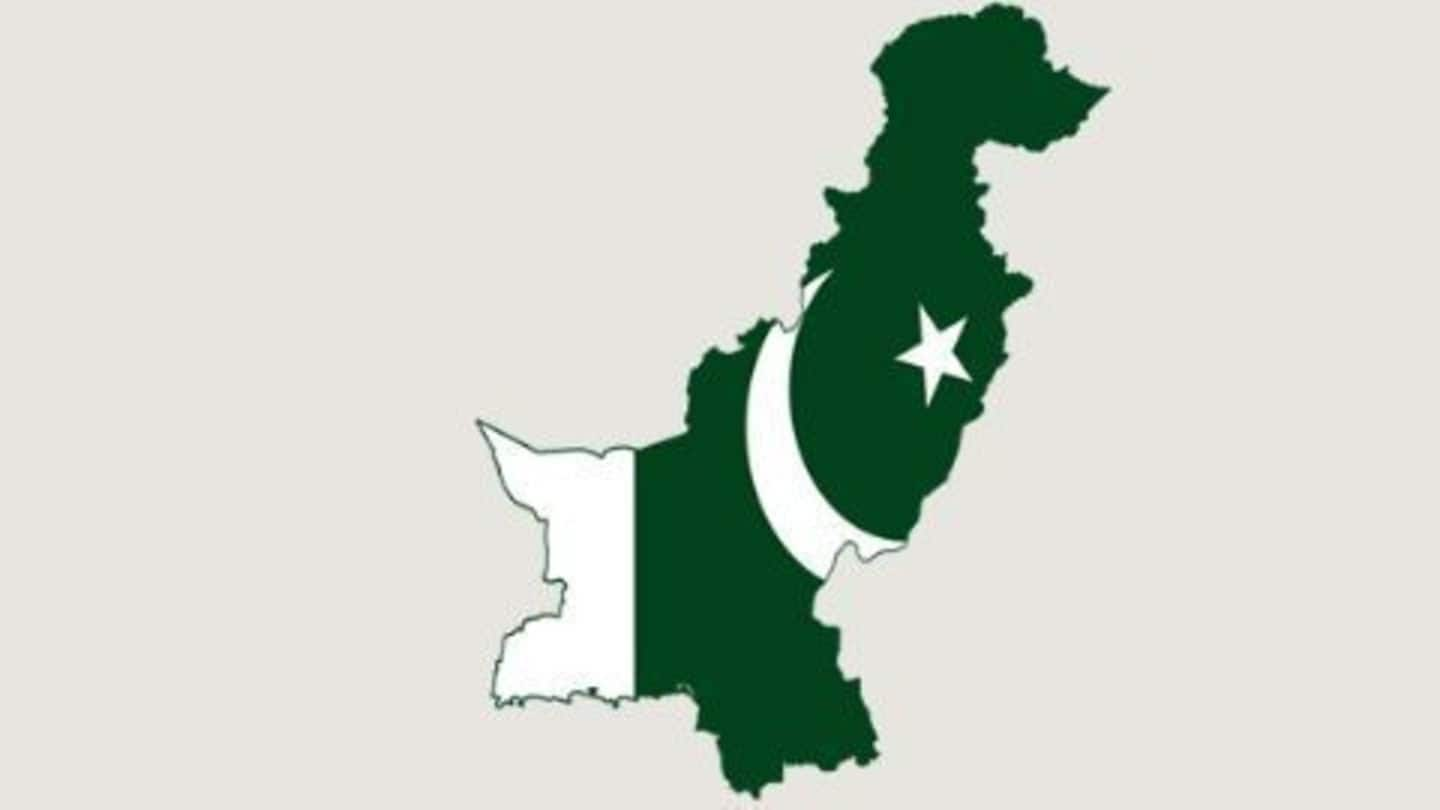
Pakistan's ex-ISI chief Hamid Gul dead
What's the story
Pakistan's hardline Islamist General- Hamid Gul died of a brain haemorrhage at the age of 79, in the town of Murree, north-east of Islamabad. During his stint as the chief of the country's powerful Inter Services Intelligence (ISI), he was known to have nurtured militants in Kashmir and Punjab and Afghanistan. Pakistan Prime Minister Nawaz Sharif and Army Chief Raheel Sharif condoled his death.
About
Who is Hamid Gul?
Originally from Sarghoda in Pakistan's Punjab, Hamid Gul was commissioned in the army in 1958. Between 1972 and 1976, he directly served under General Zia-ul-Haq as a battalion commander. He was nominated by General Zia as the ISI chief in 1987 and served till 1989 when he was replaced by the then Premier Benazir Bhutto.
Do you know?
Zarb-e-Momin exercise
Hamid Gul was a key player in the famous military exercise Zarb-e-Momin. Zarb-e-Momin (Strike of the Faithful) was a defensive response against India conducted in 1989.
ISI
What is ISI?
ISI or Directorate for Inter-Services Intelligence is the premiere intelligence service of Pakistan, responsible for providing critical national security and intelligence assessment to the government of Pakistan. ISI was instrumental in supporting Afghan mujahideen in their jihad against the Soviets. It subsequently played a pivotal role in the emergence of the Taliban and provided them with strategic and intelligence support in Afghan civil war.
Taliban
Gul and the Taliban
Hamid Gul as the head of ISI, took a leading role in supporting the anti-Soviet "jihad" in Afghanistan, funneling cash and weapons from the U.S. and Saudi Arabia to the Afghan fighters. He nurtured the taliban and was rightly called "Father of Taliban" by many historians. Gul had been an outspoken supporter of Taliban and frequently defended them on in public and media.
Kashmir
Key role in Kashmir insurgency
Gul's role in spearheading an Islamist insurgency in Indian-administered Kashmir is also well-documented. From 1989 onwards, a range of armed groups backed by Pakistan infiltrated across the Line of Control to join the separatist insurgency in Kashmir. He was responsible for diverting militants and arms from the Afghan war to Srinagar. Gul had also been a strong public defender of Kashmiri militants.
Personal
Forced into retirement
When General Asif Nawaz was appointed army chief in August 1991, Gul was transferred as the DG Heavy Industries, Taxila. He, however, refused to take the assignment and later retired in 1992 after differences with the army chief.
Post-Retirement
Post-retirement, what was Gul in news for?
Post retirement, Gul frequently appeared on TV warning of dark conspiracies and demanding that Pakistan should militarily confront India. After the 2007 Karachi bombings, he was arrested during the emergency declared by Musharraf. Due to his acknowledged affiliation with Ummah Tameer-e-Nau, banned by the US Department of State, he was placed on a U.S. watch list of "global terrorists", along with several others.